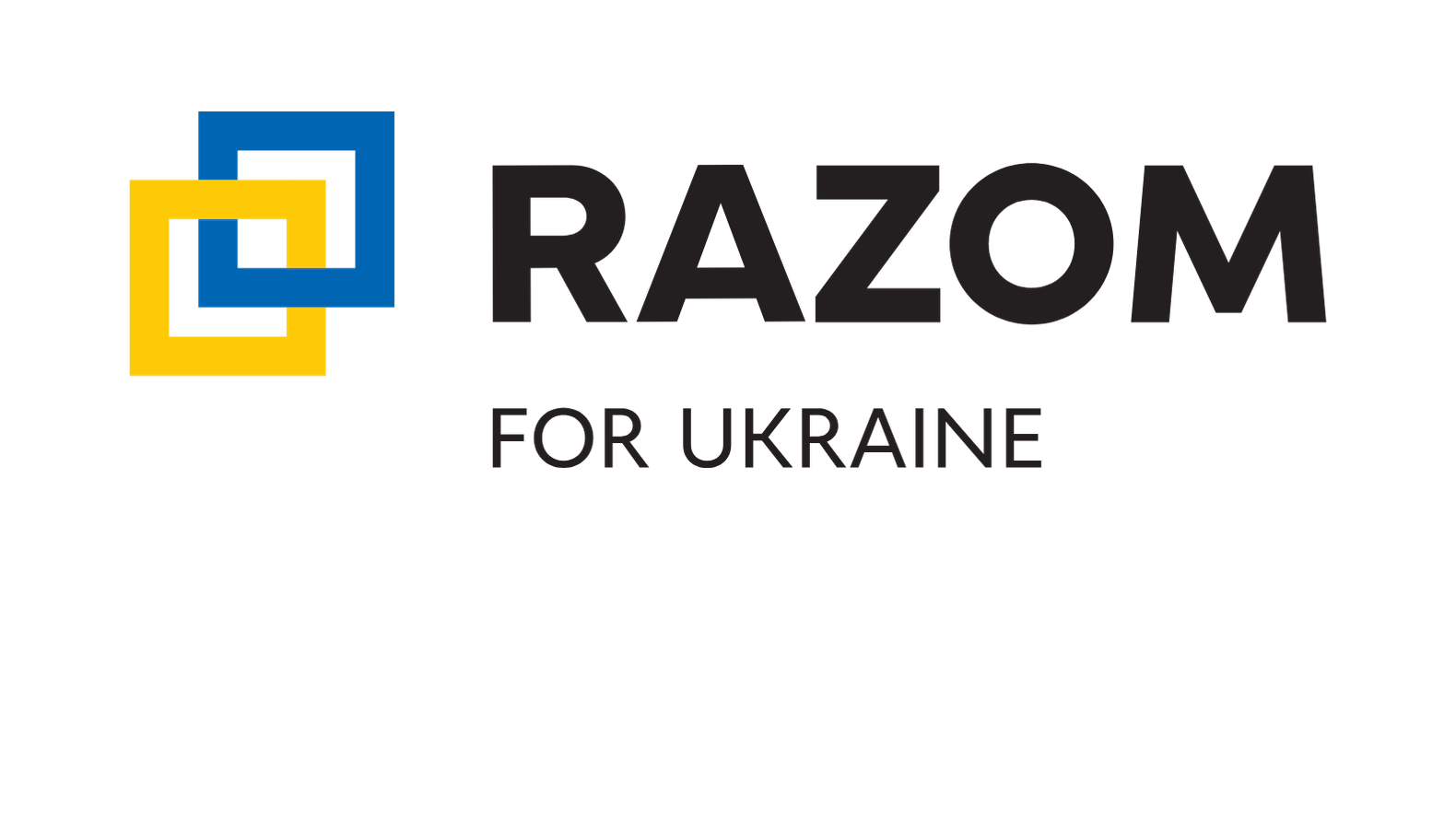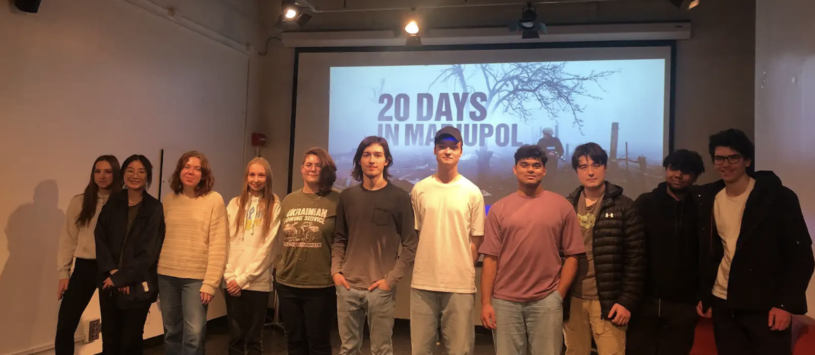In the lead-up to its historic Oscar win in 2024, 20 Days in Mariupol garnered remarkable support from Razom Connect, specifically through its Razom Cinema and Ukraine on Campus projects. Partnering with PBS Distribution, we successfully distributed 50 DVDs of this poignant film to universities across the United States. This initiative not only broadened the film’s reach but also ensured its lasting impact through donations to campus libraries.
The screenings of 20 Days in Mariupol extended beyond the university campuses where they were held, igniting a wave of empathy and activism. This powerful documentary, directed by Pulitzer Prize-winning Ukrainian journalist Mstyslav Chernov, became a tool for profound reflection on the human experience during crises. Through these screenings, art demonstrated its transformative power to foster understanding, compassion, and hope amid adversity.
We also provided a screening toolkit to aid participants in planning and promoting their events. This toolkit included pre-made graphics and suggested captions for social media to amplify the impact of the film.
Event Highlights:
- Harvard University: Featured Mariupol survivor Alina Beskrovna, who brought artifacts from the war, offering students a tangible connection to the devastation.
- Montclair State University: Hosted a discussion with Michael Levdanski and Marianna Tretiak, providing insights from those actively aiding Ukraine.
- University of Wisconsin: Led by student Anna Kovalchuk, focused on personal connections to the war and its impact on the university community.
- University of Minnesota: Included survivors and Consul General Beth Richardson. Artem, a 17-year-old Mariupol survivor featured in the film, spoke to a large audience about his experiences.
- City College of New York: Partnered with The Documentary Forum for a high-attendance screening, featuring influential cultural activist Daria Kolomiec.
The response from students was overwhelmingly positive. Many expressed deep emotional reactions and gained a more meaningful understanding of the war. The film effectively challenged false narratives and provided a sobering view of life during war, inspiring empathy and connection across all 50 campuses.

